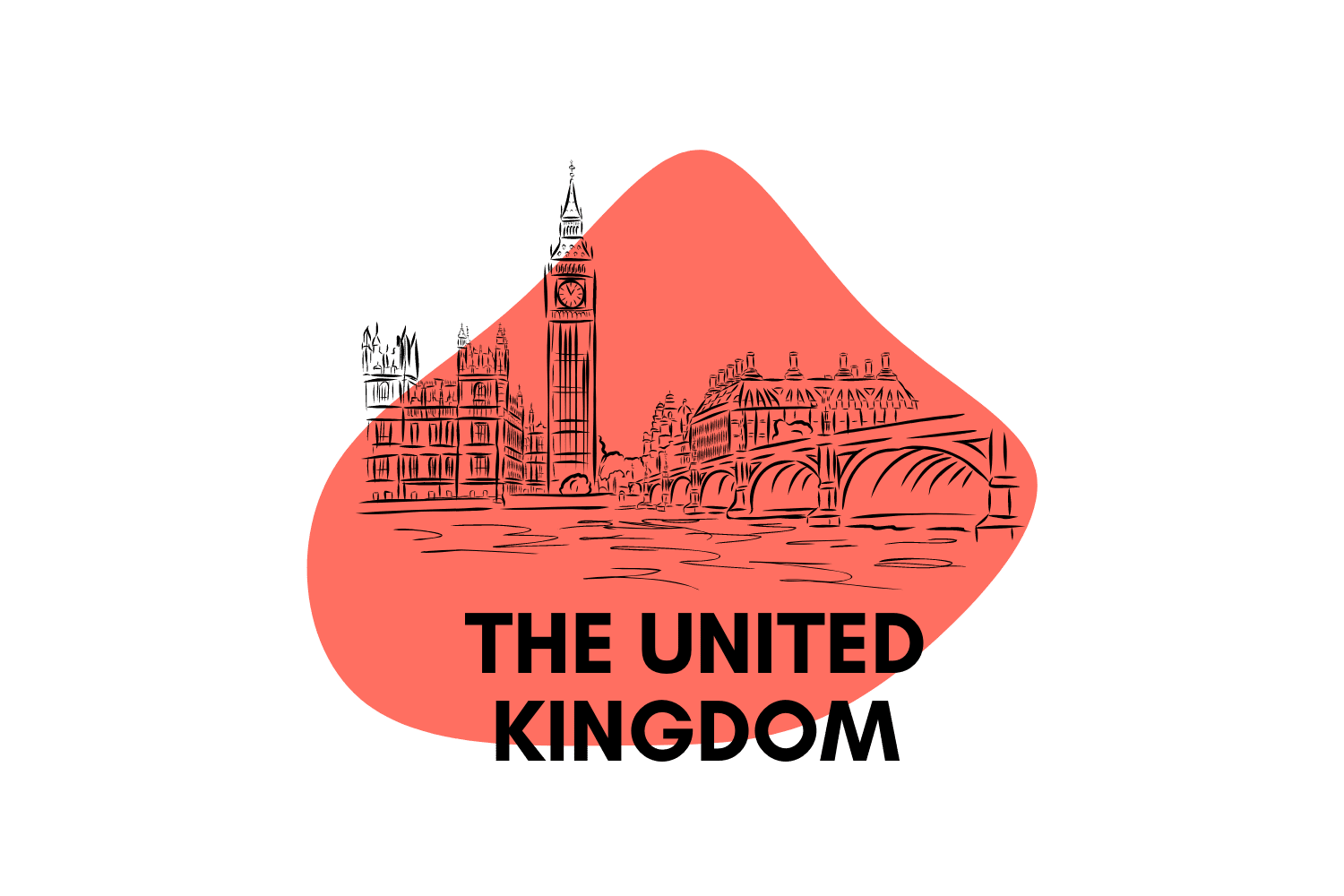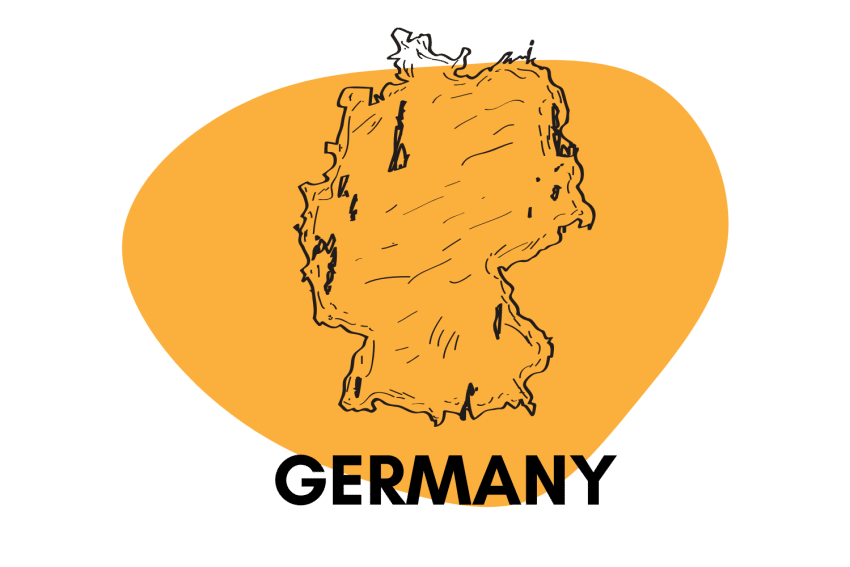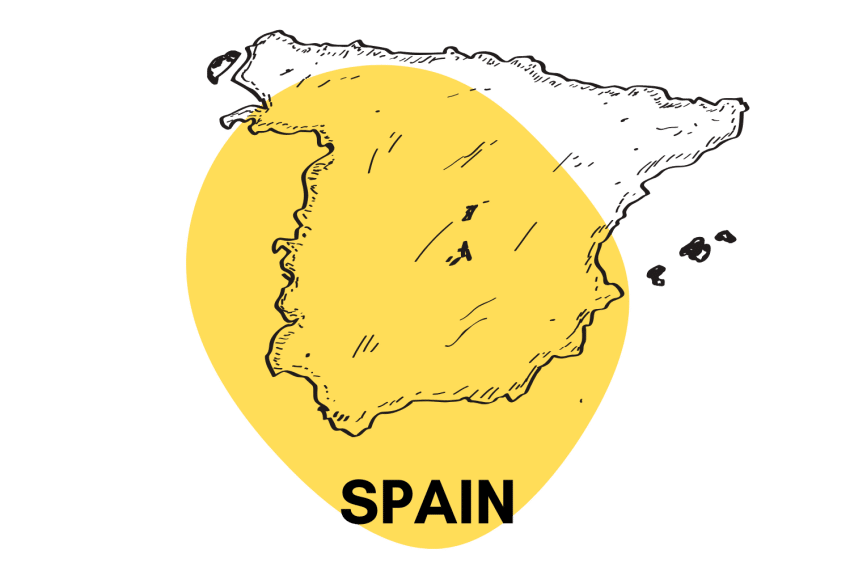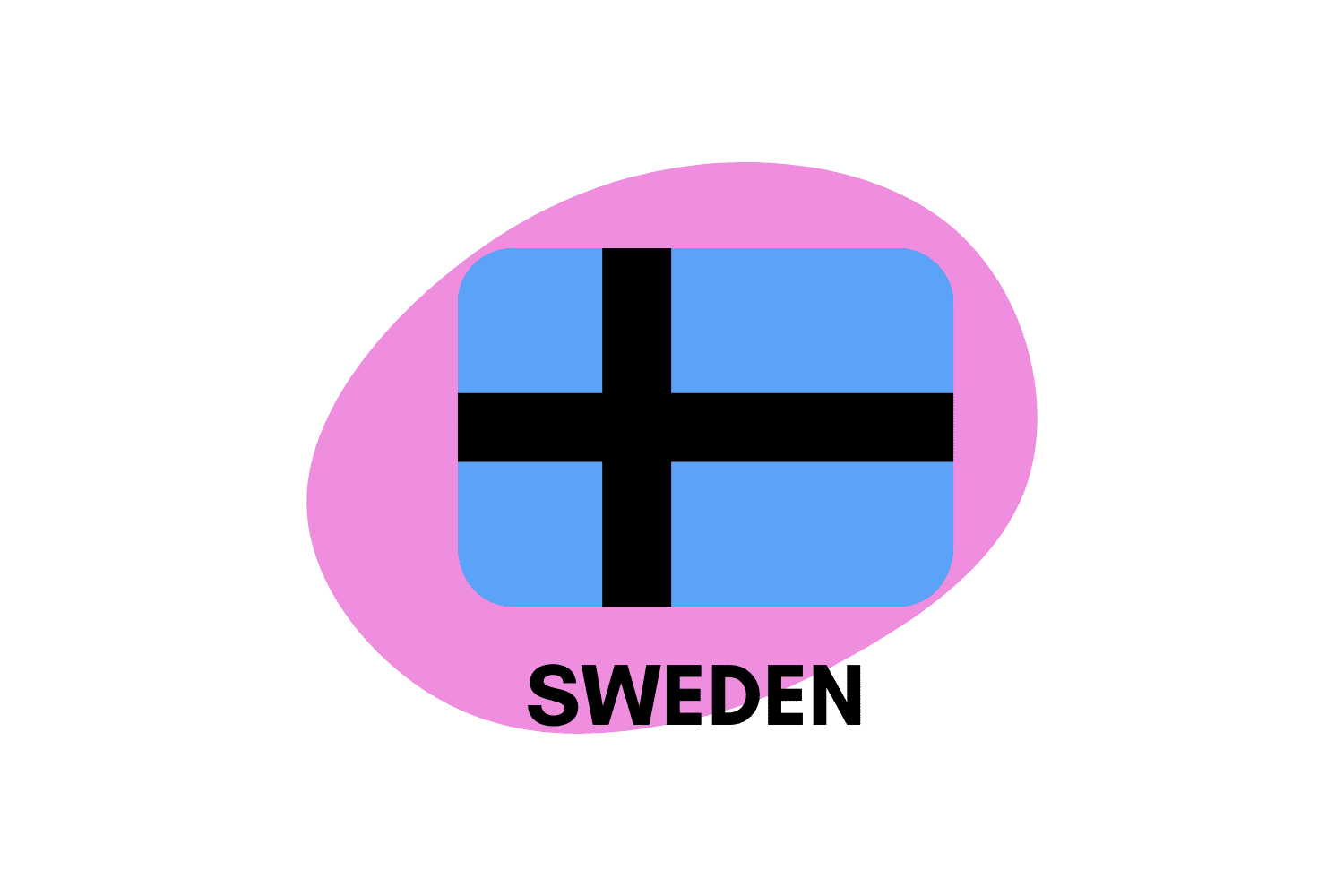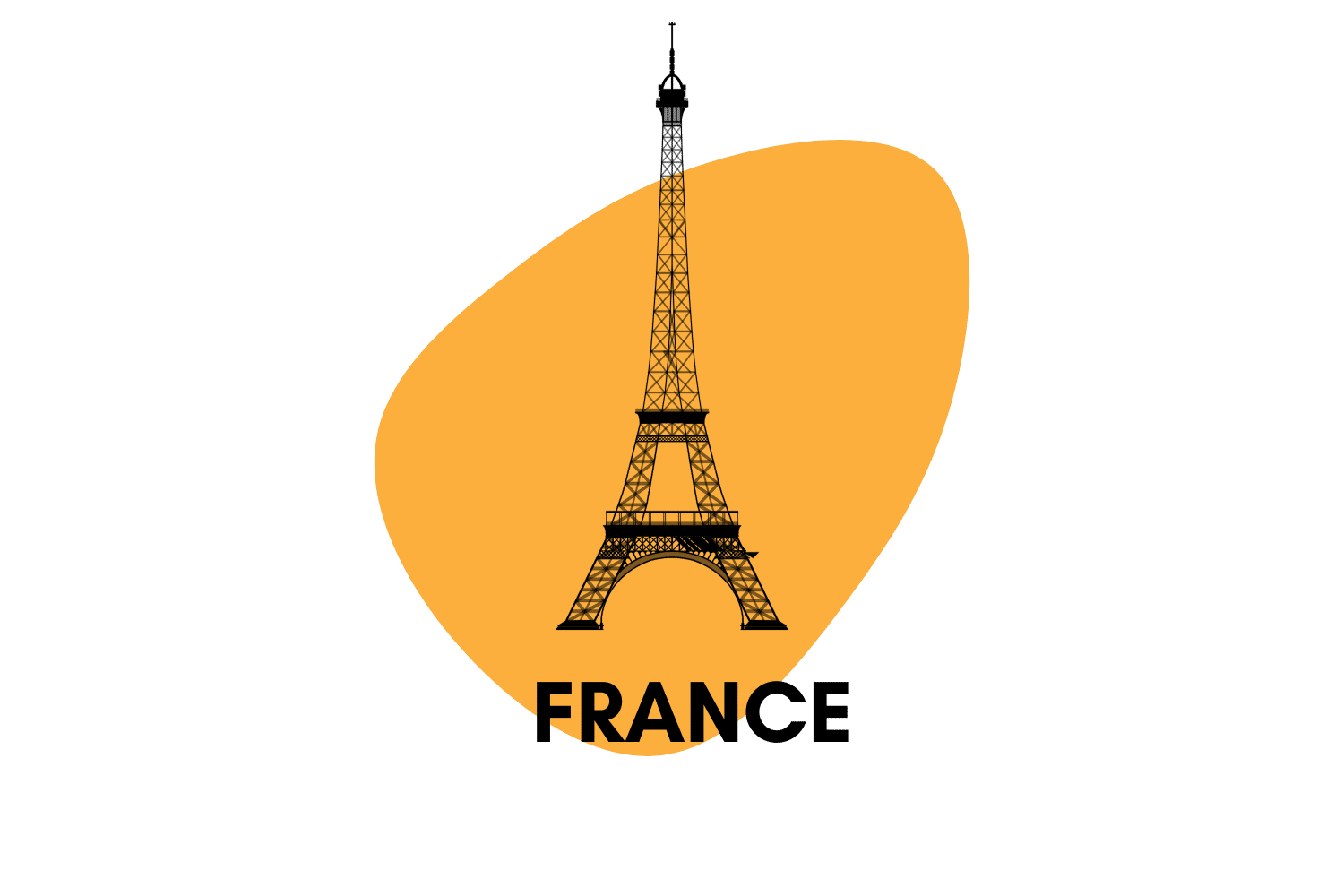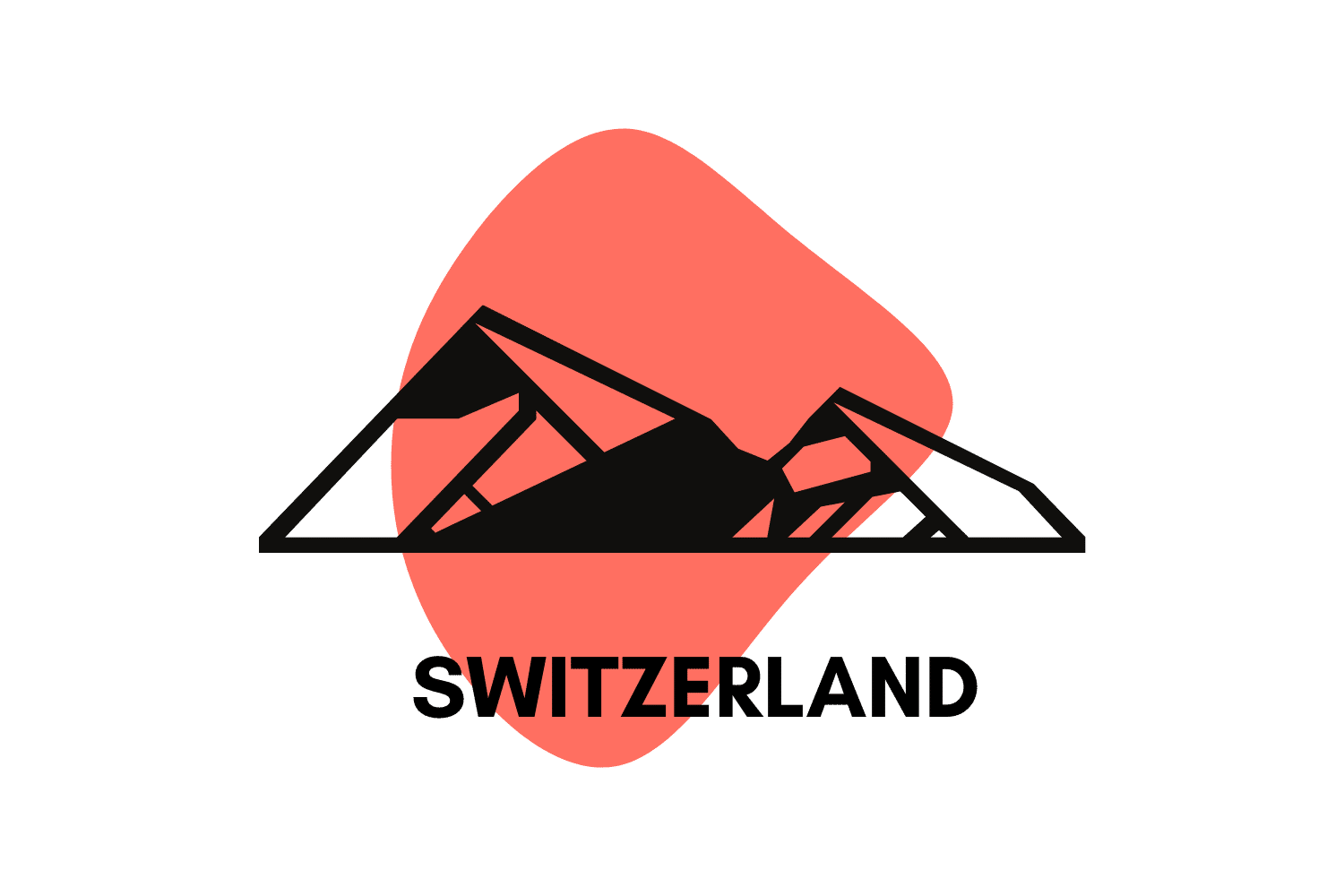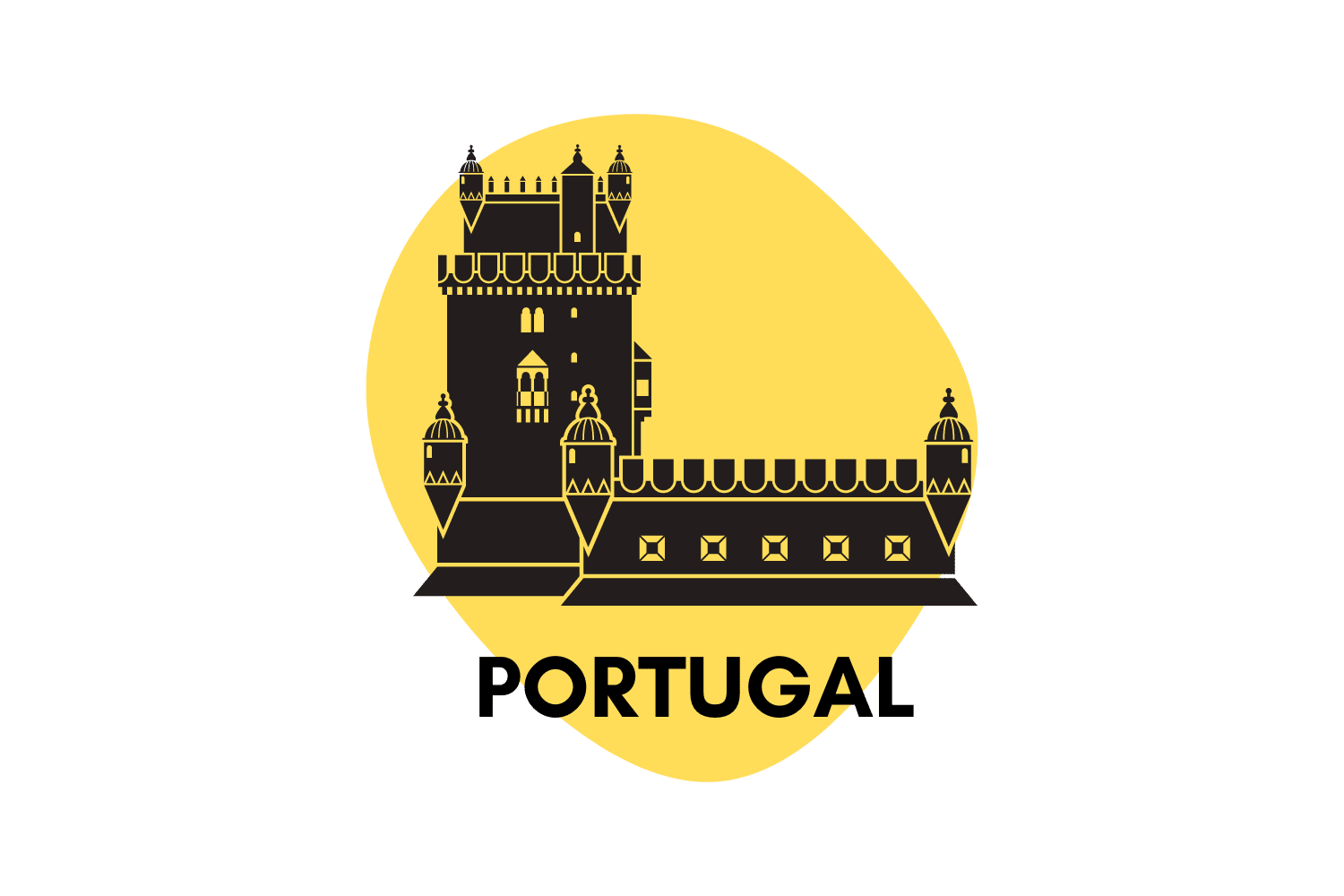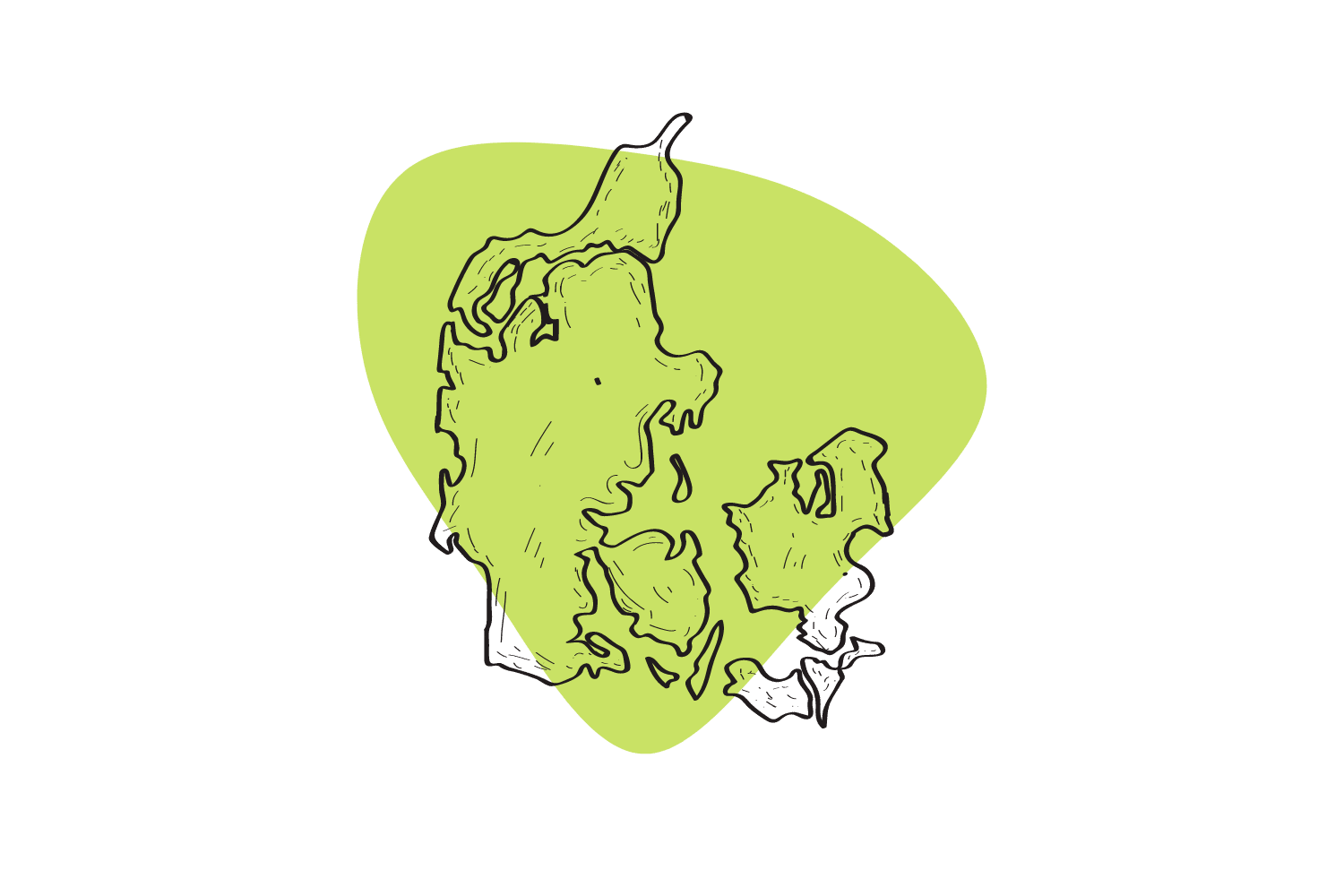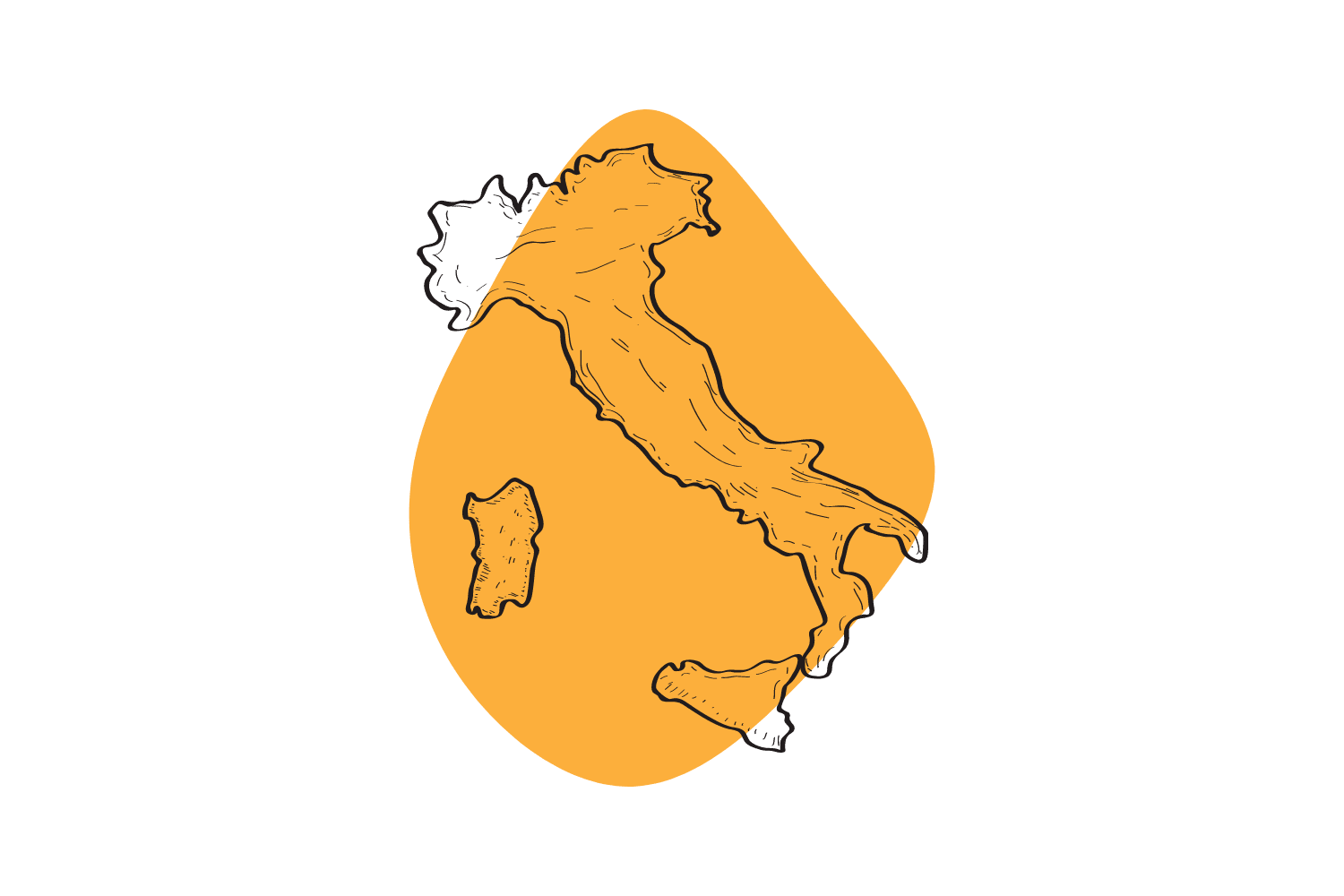Psychedelic Drug Laws in Estonia
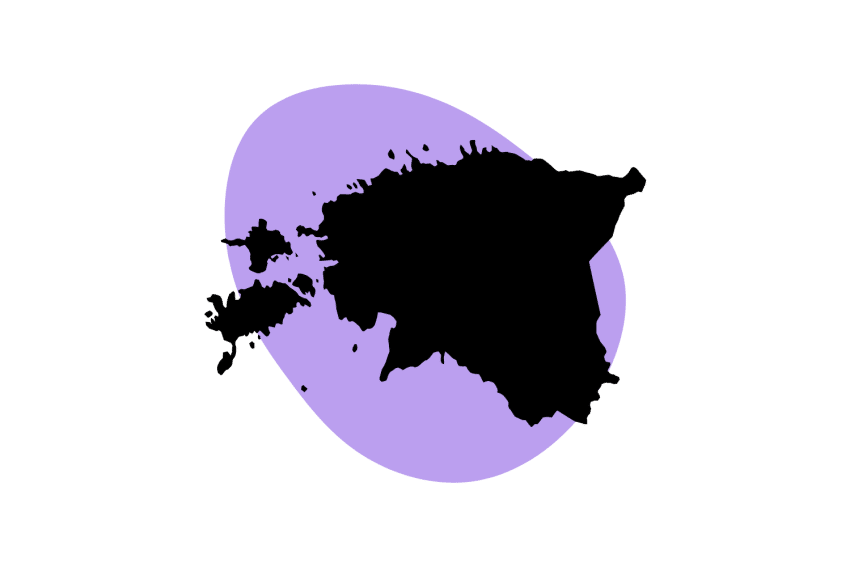
In recent years, science has discovered multiple therapeutic benefits for psilocybin—the main component of magic mushrooms—and other psychedelics. Unfortunately, their medicinal and recreational use is illegal in most parts of the world, including Estonia.
This article will show you the current laws in Estonia on substances such as psilocybin, LSD, MDMA, and many others. In addition, you will learn about the impressive therapeutic potential of magic mushrooms.
Summary of Psychedelic Drug Laws in Estonia
- Psychedelics are illegal in Estonia.
- The penalties for possessing small amounts of psychedelics can be a fine of up to EU 1200 or 30 days in administrative detention; up to three years in prison for trafficking
- You can find many species of magic mushrooms growing wild throughout the country
- Marijuana is decriminalized and legal for medical use
Estonia Drug & Penalty Chart
| Class | Substances | Psychedelics | Penalties |
| I | Amphetamine, opium, cannabis | MDMA, psilocybin, psilocine | Personal use: Fine up to EU 1200 or 30 days of administrative detentionIntent to supply: Fine, up to 3 years |
| II | Cocaine, methadone, morphine | — | See above |
| III | Codeine, tramadol | — | See above |
| IV | Diazepam | — | See above |
| V | GBL/GHB | — | See above |
Source: Act on Narcotic Drugs and Psychotropic Substances and Precursors
Are Magic Mushrooms Legal in Estonia?
No, magic mushrooms are illegal in Estonia.
Psilocybin is classified as a Schedule I controlled substance by Estonian Law; using, possessing, or selling it, is punishable.
According to Article 183 of the Penal Code, if the police catch you with small amounts of magic mushrooms, you can spend up to thirty days in administrative detention or pay a fine of up to EU 1200. For larger quantities, the penalties increase significantly: from one to ten years in prison, depending on your background.
Although most countries consider psilocybin a potentially dangerous substance, some institutions believe otherwise. For example, Johns Hopkins Medicine advocates for the reclassification of magic mushrooms due to their clear evidence of medicinal value.
Where to Buy Magic Mushroom Spores in Estonia?
Estonian law makes no mention of magic mushroom spores. Therefore, you can probably find some Facebook and Instagram pages that market them.
However, cultivation is illegal, and according to Article 188 of the Estonian Penal Code, you can be imprisoned for up to five years if caught cultivating spores.
Do Magic Mushrooms Grow Wild in Estonia?
Yes, magic mushrooms grow naturally in Estonia.
Many species of magic mushrooms grow naturally worldwide, except in frigid areas like Antarctica. However, foraging for them is dangerous, as some are similar to other poisonous species.
Below, we will show you the most frequent species in this country and where to find them.
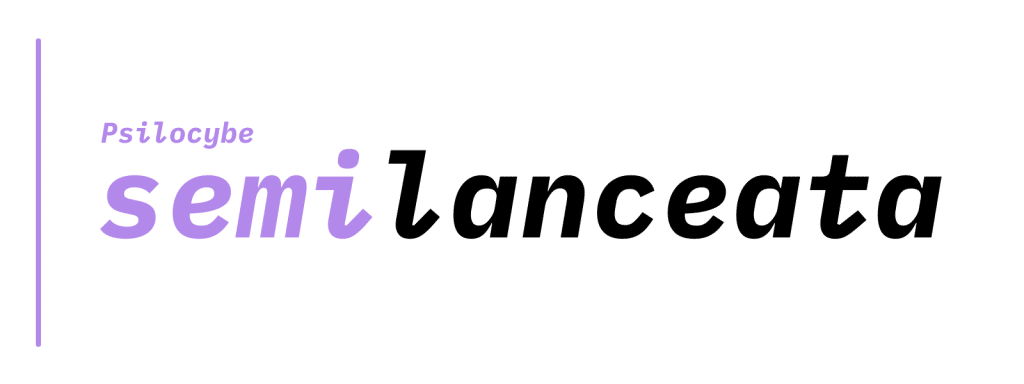
Psilocybe semilanceata
This is one of the most common species in Europe, frequently growing above 600 m altitudes. Look for it between autumn and early winter after heavy rains.
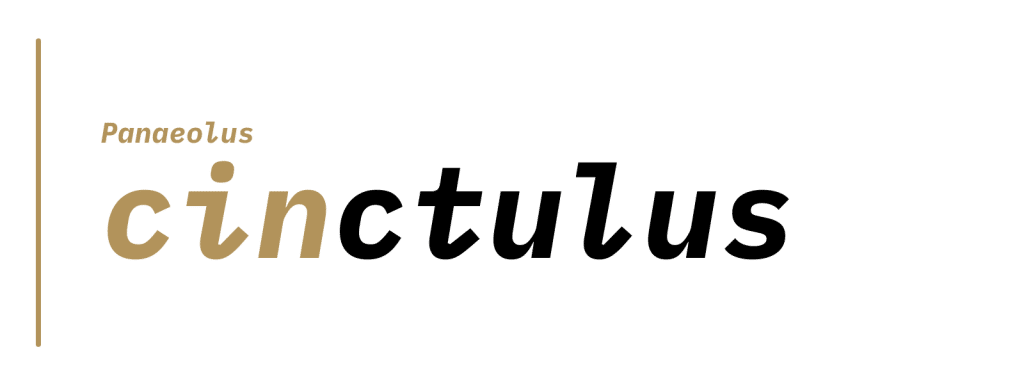
Panaeolus cinctulus
This species is likely to be found solitary in compost heaps and lawns. It is usually abundant after long rains between spring and autumn.
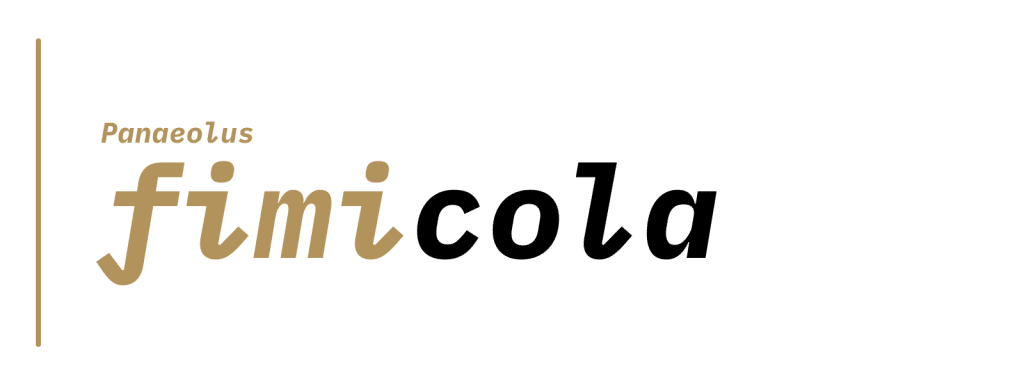
Panaeolus fimicola
This species is common in Eastern Europe, growing during spring and autumn. You will probably find it in a gregarious form on land rich in detritus or compost, often on farm animal manure.
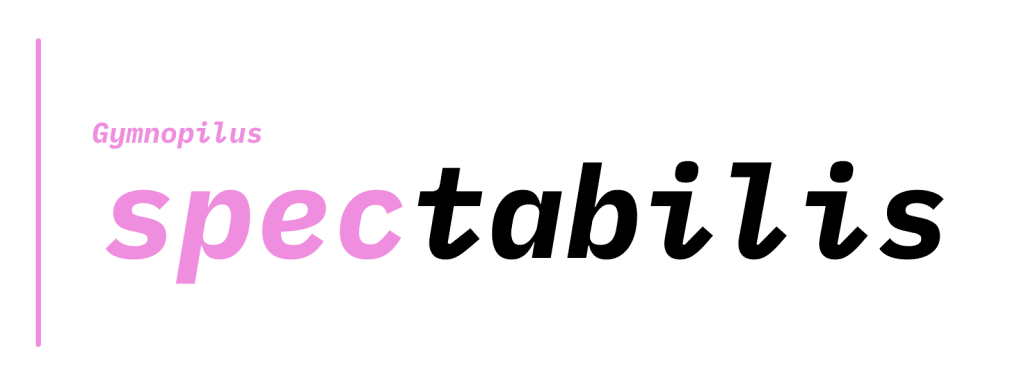
Gymnopilus spectabilis
This species has a size of ten to fifteen centimeters in diameter and is of striking ocher color, making it easy to identify. It grows in autumn on stumps and fallen branches — mainly of plane trees, pines, willows, and poplars.
What Are the Medicinal Uses of Shrooms?
Psychedelics, particularly psilocybin, have proven to be excellent tools for treating various disorders. For this reason, many European and North American countries are considering legalizing their medical use.
Some, like Canada, have already legalized magic mushroom and MDMA-assisted therapy and are currently experiencing positive results. Further below are some of the potential uses in medicine for psilocybin and other psychedelics.
Magic mushrooms can be excellent for treating conditions such as depression, post-traumatic stress disorder (PTSD), and existential anxiety.
This psychedelic interacts with serotonin receptors and balances the amygdala’s activity, decreasing anxiety and other symptoms of these disorders.
It can also ease cluster headache attacks, which can produce uncomfortable pains and cause nasal congestion and tearing. However, science still cannot explain how they do this.
Psilocybin, LSD, and other psychedelics are also very effective in treating addictions by suppressing the brain’s default mode network (DMN). Moreover, psilocybin can also improve one’s creativity and problem-solving skills.
However, it is worth clarifying that you must accompany psychedelics with adequate therapy for them to be effective against mental disorders. These substances act not as a cure but as a facilitator for deep insights in therapy sessions.
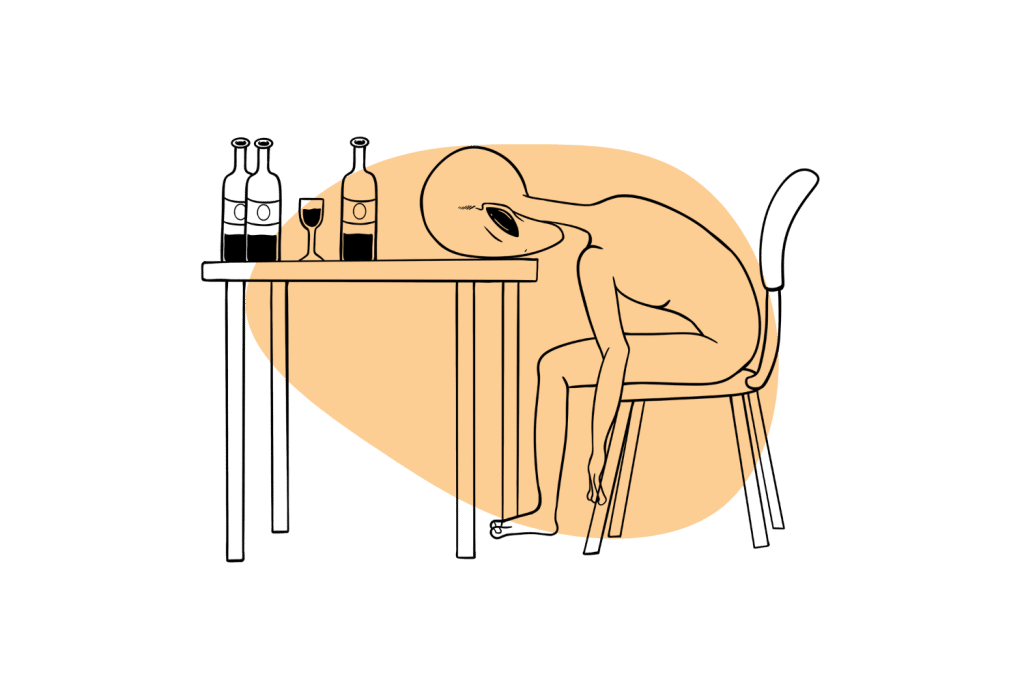
Is LSD Legal in Estonia?
No, LSD is illegal in Estonia.
LSD has similar effects to psilocybin, so it can help treat several of the disorders and illnesses mentioned above. Unfortunately, this substance is also a Schedule I controlled substance here, so you can get into serious trouble for possessing it.
If the police catch you with small amounts of LSD, you can spend up to 30 days in administrative detention or pay a fine. You can be imprisoned for up to ten years if the amount is deemed large enough.
Is DMT Legal in Estonia?
No, DMT is illegal in Estonia.
DMT also possesses multiple therapeutic properties, which help treat disorders such as anxiety, depression, and PTSD. Unfortunately, it is a Schedule I controlled substance here, so you can face a fine or detention.
In some countries, various rituals are performed with ayahuasca, changa, and psychedelic toads. These contain high contents of DMT and are likely legal in Estonia.
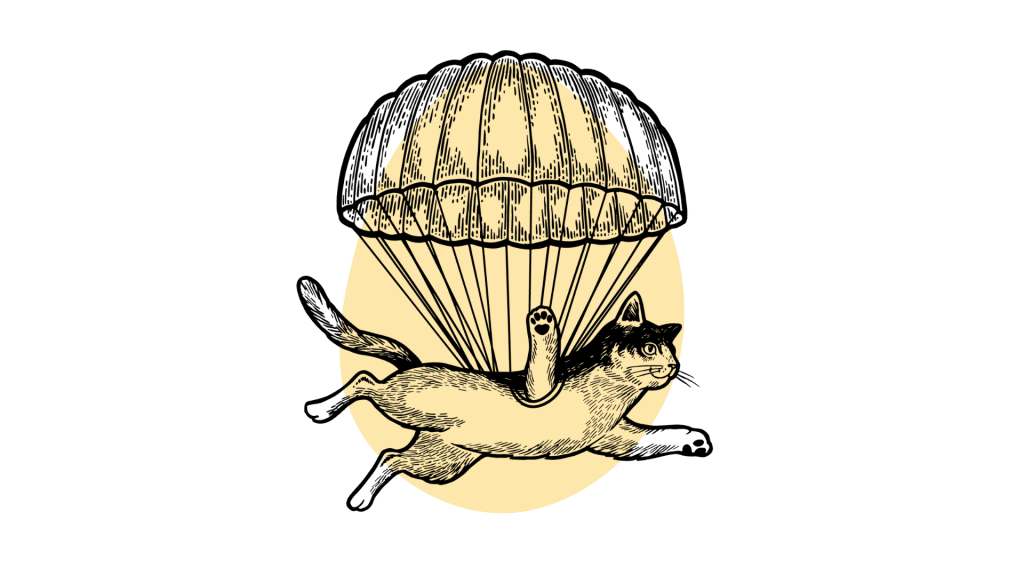
Is MDMA Legal in Estonia?
No, MDMA is illegal in Estonia.
MDMA is another of the best psychoactive drugs for treating mental disorders, and countries like Canada have legalized its therapeutic use. Still, it is illegal in the rest of the world, including Estonia.
MDMA is on Estonia’s Schedule I controlled substances list. If the police catch you with small amounts of this psychedelic, you can spend up to three years in prison.
Is Ketamine Legal in Estonia?
No, ketamine is also illegal in Estonia.
Ketamine is classified as a Schedule IV controlled substance in Estonia, meaning that only its medical use is legal. However, you need authorization from the government to use it for this purpose.
If the police catch you carrying it without a license, penalties are the same as Schedule I substances: up to three years in prison.
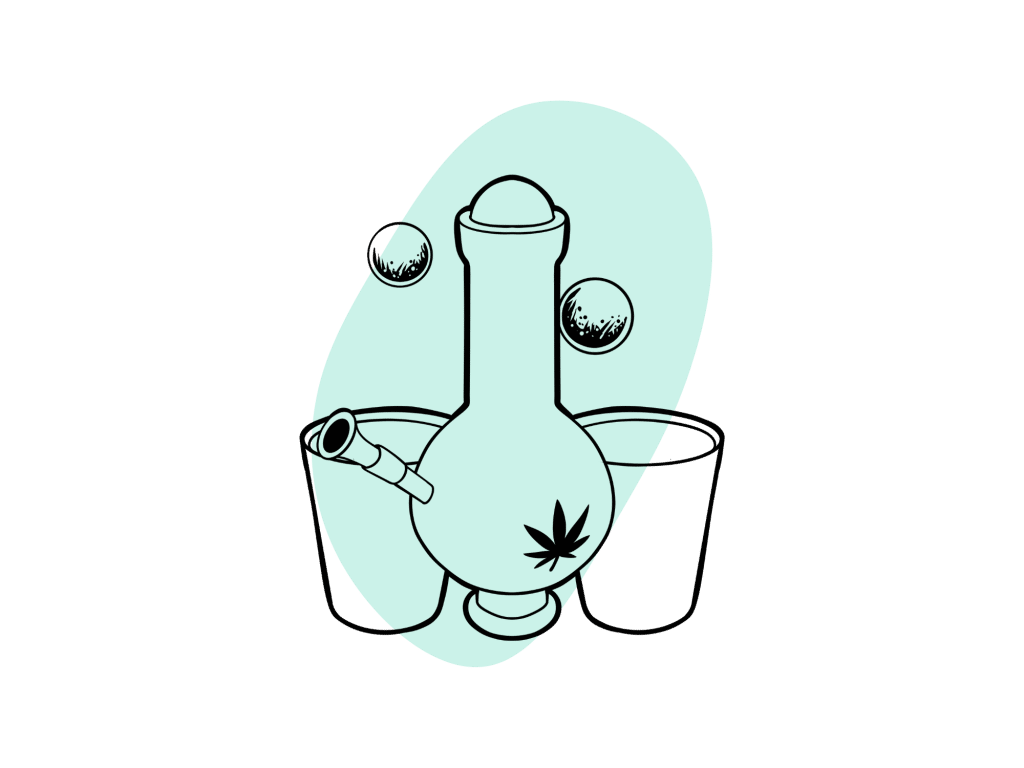
Is Marijuana Legal in Estonia?
Marijuana is illegal but decriminalized in Estonia
In 2002, Estonia decriminalized cannabis and its derivatives — delta 8, delta 9, delta 10, CBD, and others — making consumption and possession a misdemeanor.
If the police catch you with up to 7.5 grams of dry marijuana, you can receive fines of approximately EU 80, but you will not go to jail.
Furthermore, medical cannabis has been legal since 2005. Still, according to the Law on Narcotic Drugs and Psychotropic Substances of Estonia, only cannabis-based medicines containing synthetic forms of THC are available.
Cultivation is illegal and punishable by one to ten years in prison, depending on your background.
What’s the Difference Between Legalization & Decriminalization?
Decriminalization and legalization are different terms that many people constantly confuse. Below, we’ll briefly explain them.
Decriminalization is when authorities remove penalties from a previously punishable action. For example, marijuana is decriminalized in Estonia, so you won’t go to jail but may still be fined if you get caught possessing certain amounts.
Although it may not seem like a big deal, this measure prevents many people from being imprisoned and branded as criminals.
On the other hand, legalization means eliminating all penalties related to an act. If a substance is legal, you can freely possess, use, and sell it. This measure is very effective against black markets and drug trafficking.
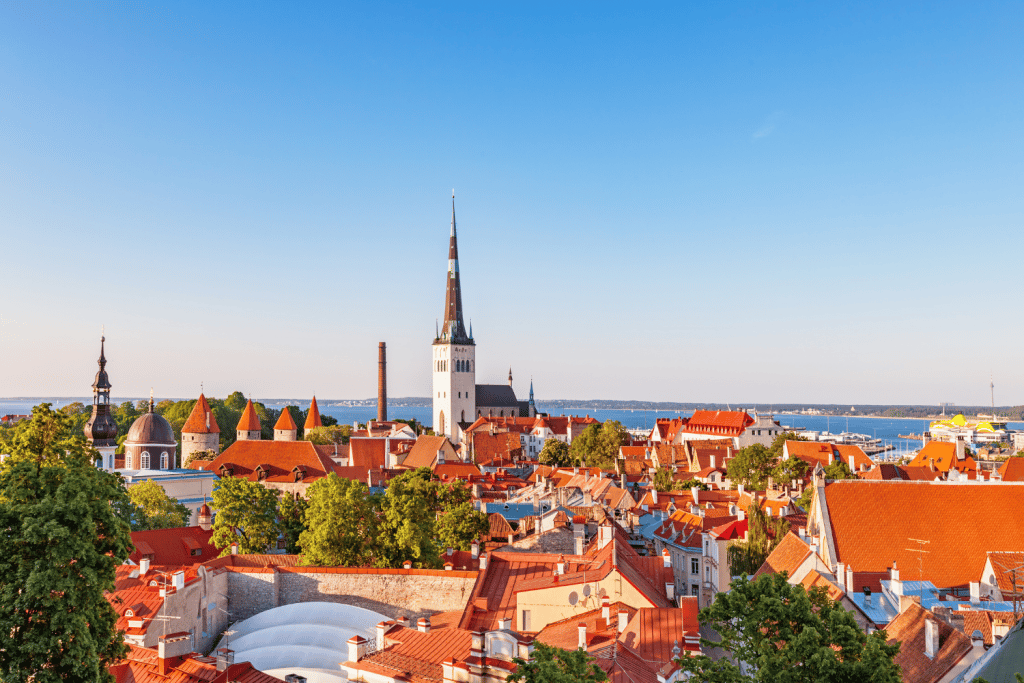
Key Takeaways: What’s the Future of Psychedelics in Estonia?
Although Estonia seems to be a progressive country regarding drugs — especially compared to its neighbors — we believe it is far from legalizing psychedelics. At the moment, lawmakers do not seem to be interested in changing the laws on cannabis, let alone other substances.
However, we believe that the more research into psychedelics progresses, the more likely they will be legalized or decriminalized.

